Trigger Warning: This post discusses alcohol addiction, suicidal thoughts, and past suicide attempts. If you need support, contact Lifeline SA at 0861 322 322 or SADAG at 0800 567 567.
I didn’t wake up one morning and decide I wanted to change my life. I woke up not wanting to live anymore.
That was my rock bottom.
Not a loud crash. Not a dramatic scene. Just… silence. A silence so heavy it felt like drowning. And if you’re reading this, maybe you know that feeling too.
Let me tell you something I wish someone had told me back then: Rock bottom doesn’t mean it’s over. It means something in you is begging for change.
I thought rock bottom would look like a dramatic explosion. But for me, it was quieter. It was a moment of silence so loud, I couldn’t hear anything else.
In this post, I’m going to share what my rock bottom looked like, how I knew I needed help, and what finally pulled me out. If you’re in that place right now — you’re not alone
Table of Contents
What Does Hitting Rock Bottom Really Feel Like?
It’s not always chaos. Sometimes it’s the numbness. The exhaustion. The pretending. You smile when people ask how you are.
You overwork, overdrink, overscroll — anything to avoid being alone with your thoughts. You secretly wonder if anyone would notice if you disappeared.
That’s what it looked like for me:
- Daily panic attacks, I called “tiredness.”
- Drinking to fall asleep
- Feeling like a burden.
- A body that functioned — and a mind that didn’t want to.
And then… one day, I broke. Quietly. Alone.
When the Bottle Took Over
By 28, I knew my drinking was spiraling. My hands trembled without a glass – withdrawal symptoms I couldn’t hide.
I called my sisters to tell them I thought I had a drinking problem, promising to slow down and get professional help, but the promises dissolved like sugar in my coffee. The word “rehab” terrified me.
At work, I stashed vodka in my water bottle, thinking I was clever. I wasn’t.
In Cape Town, with Table Mountain looming like a silent witness, I felt like I was failing at life. Panic attacks choked me daily. At night, I drank to silence the voice in my head that whispered, “you’re not enough.”
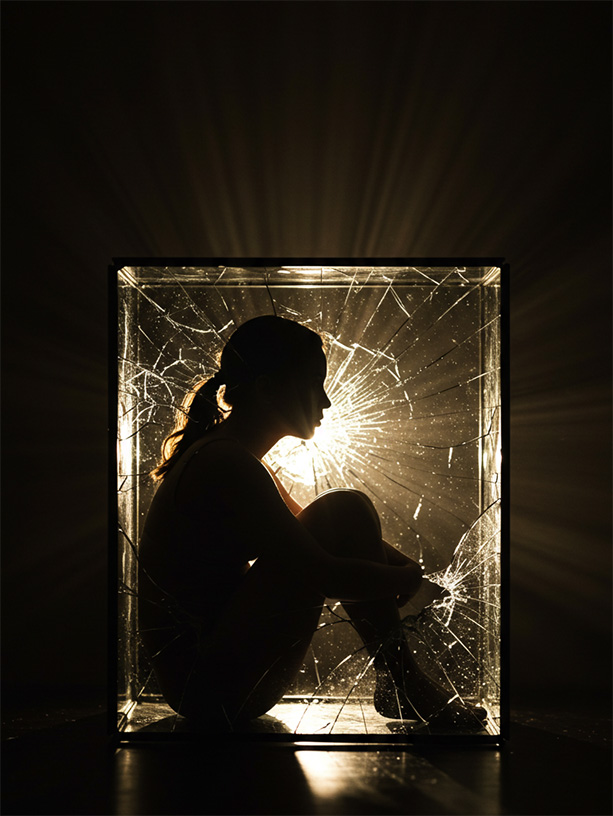
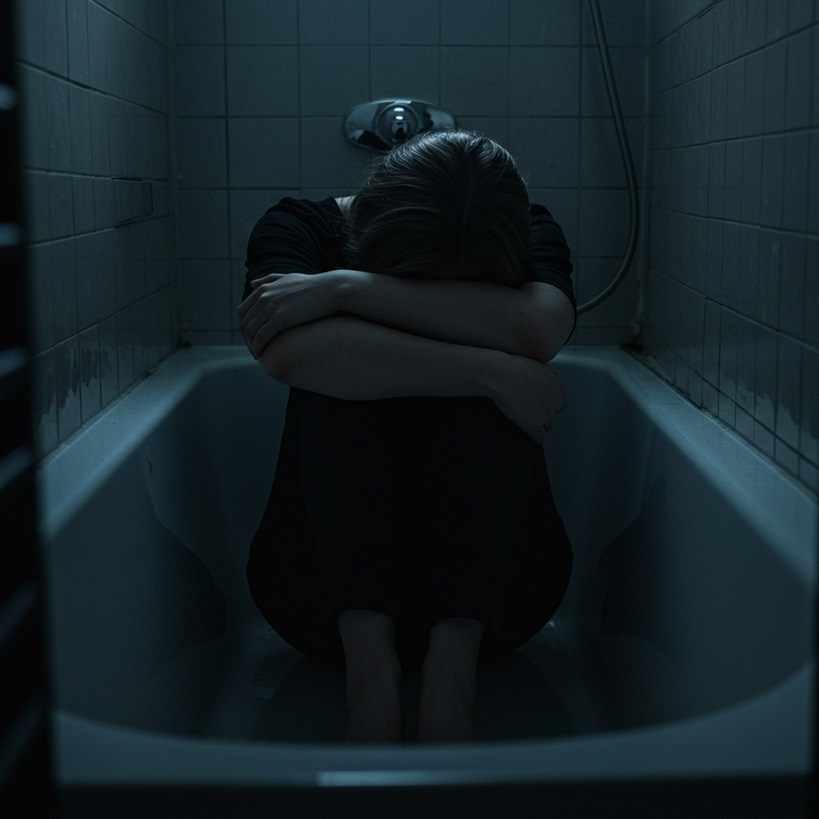
The Night I Almost Vanished
At 30, I broke.
In my bathroom, fully clothed in a full bathtub, I tried to disappear. I’d mixed vodka with sleeping tablets, leaving a note for my roommate. But she noticed my “bath” was taking longer than usual, so she came upstairs to check on me.
I wasn’t responding. I had locked the bathroom door.
My roommate knelt, trying to see anything from under the bathroom door. In the tiny gap, she spotted a piece of paper (my letter, saying I was sorry) and immediately called our neighbour. They broke down the door with a crowbar and got me to a hospital with my eldest sister by my side.
I woke up – raw, lost, but alive. I wasn’t happy about that; I DIDN’T want to be alive.
That wasn’t the end, though. For six months, I fell deeper, wrestling with the thoughts and actions of giving up again and again. Each time, I woke up, like the universe wasn’t done with me yet.
Grasping for Recovery
My sister eventually discussed my struggle with my bosses. They treated me like family and even paid for 28 days’ rehabilitation at Noordhoek Stepping Stones, then another month when the counsellors and therapists said I needed it. I left feeling like “Captain Recovery,” diving into AA and NA meetings across Cape Town.
But after a year, the constant focus on avoiding alcohol – even at shops or socials – felt like a cage. I was terrified of alcohol, not free from it.
I relapsed, hard.
Back to vodka in my water bottle, I isolated, carrying guilt like a shadow.
One night at Blouberg beach, I tried to vanish again. But I woke up thinking, “URGH! Not again…” walked to Blaauwberg Netcare hospital, and somehow remembered my sister’s number. They called her, and surgeons at Groote Schuur later called me a “walking miracle” for surviving a severed tendon in my wrist.
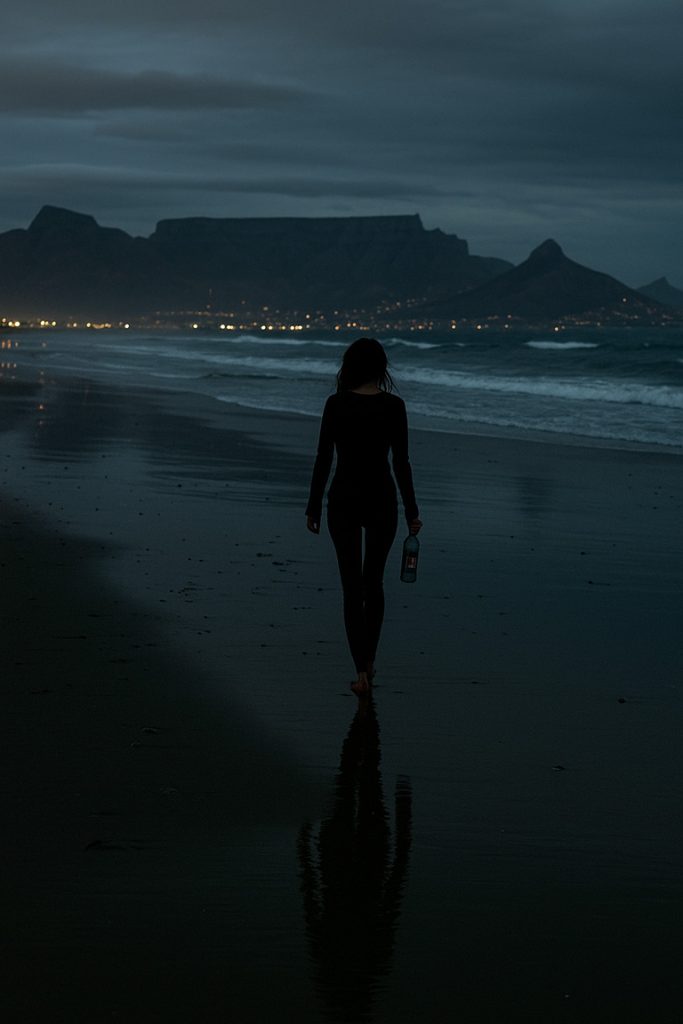
The Surrender That Saved Me
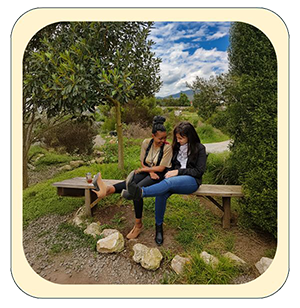
After more dark nights, my sister said she couldn’t watch me fade anymore. She pointed me to Eljada Mission – a long-term restoration centre, one of our cousins had found healing at years before. I had to detox first, and I was ready to fight it. But I was tired. Tired of trying to disappear and waking up all the time.
In January 2019, I surrendered. Eljada wasn’t just recovery; it was rebirth.
Under Table Mountain’s shadow, they helped me unpack decades of pain, resentment and anger I’d been carrying around as if I was carrying my cross to my own death – and Eljada helped me find purpose. I trained as a counselling practitioner – not to be perfect, but to walk with others through the dark I’d known.
3 Truths I Wish I’d Known
- You don’t need to wait for rock bottom to get help. Pain is enough to reach out.
- Avoiding pain doesn’t heal it. Hiding behind a bottle or a smile only buries the wound.
- Healing isn’t a straight line. It’s messy, brave, and worth every step.
If You’re There Right Now…
If you’re lost in your own storm, I see you—not from a mountaintop, but from the sand at Blouberg where I once sat. You don’t need all the answers, just one step. If this post is that step, I’m with you.
Eljada gave me tools, but the real work was facing the woman I’d been running from.
What’s one moment you chose to keep going? Share below or DM me @bee_transformed_journey
💛Bee
Kind words from friends and family.
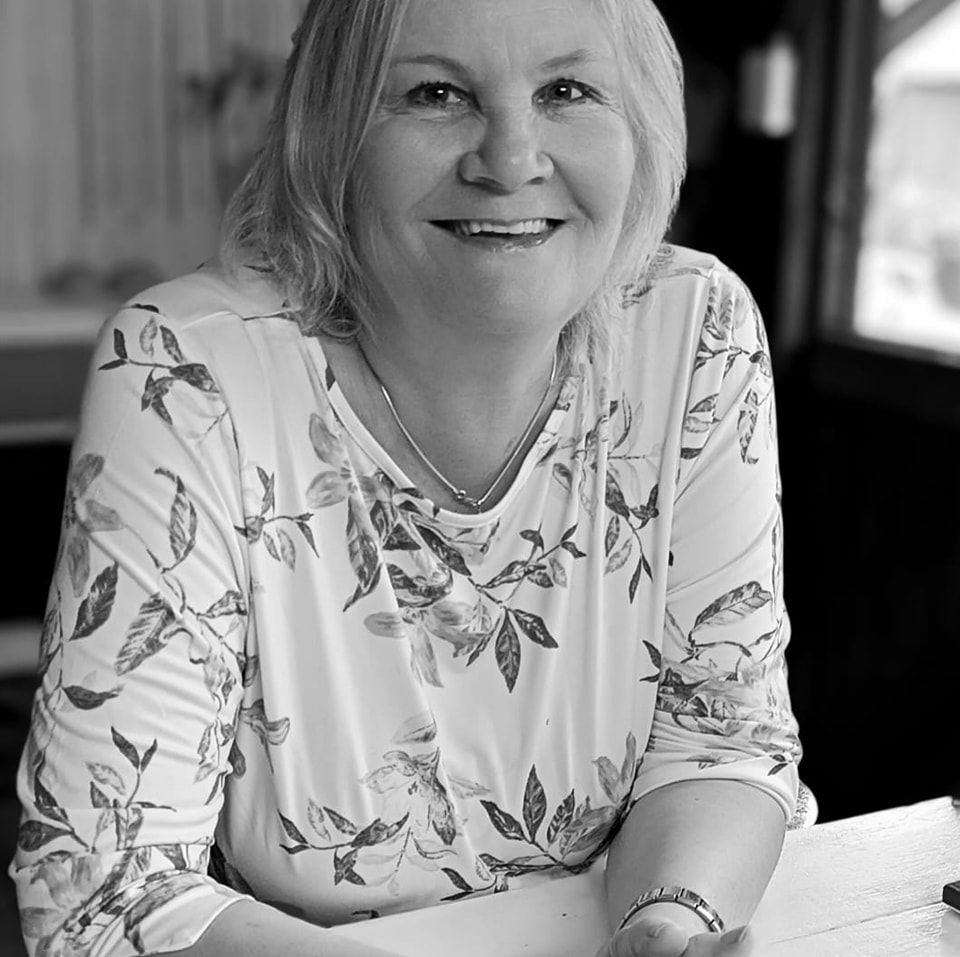



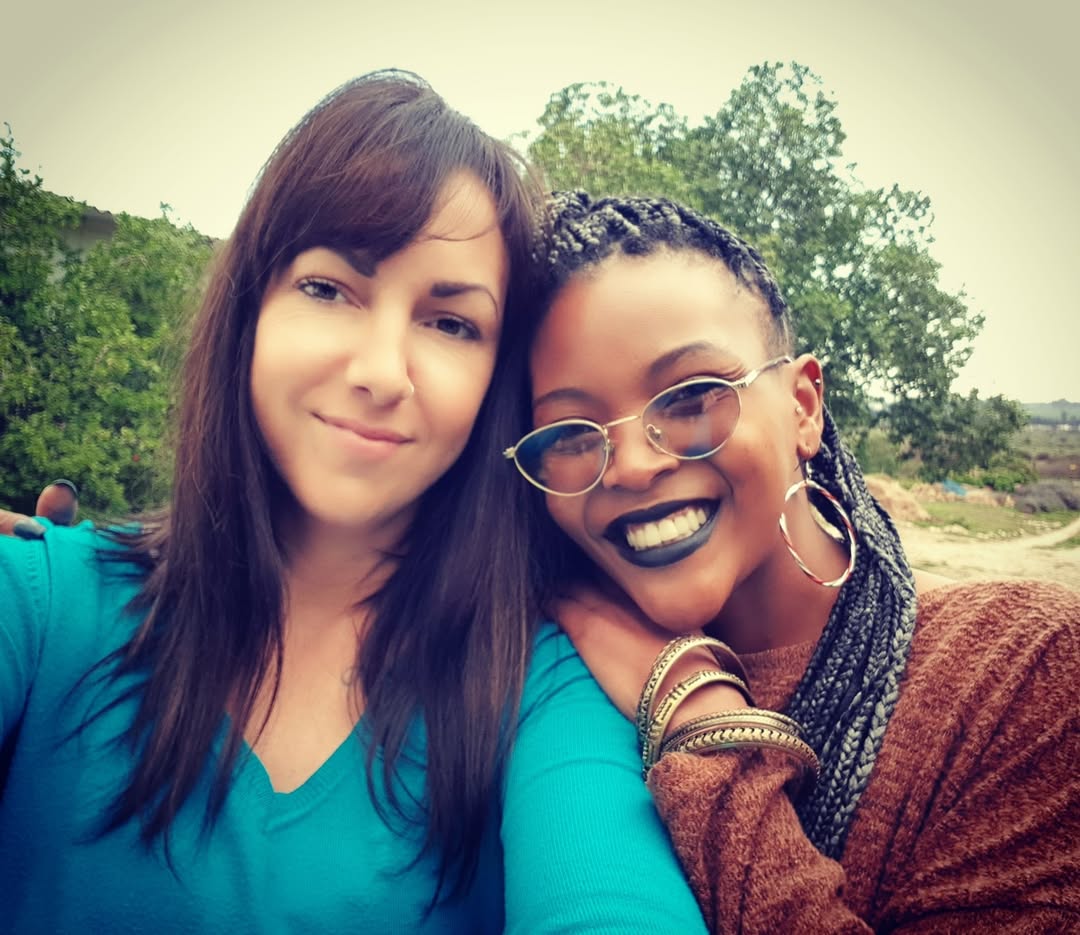
Please support our mission – your help keeps resources free for everyone!
Disclaimer:
Everything I share is based on personal lived experience, not theory.
I’m not a licensed therapist — I’m just someone who’s walked through fire and lived to share the way out.
- Bee Burger
Life Coach

